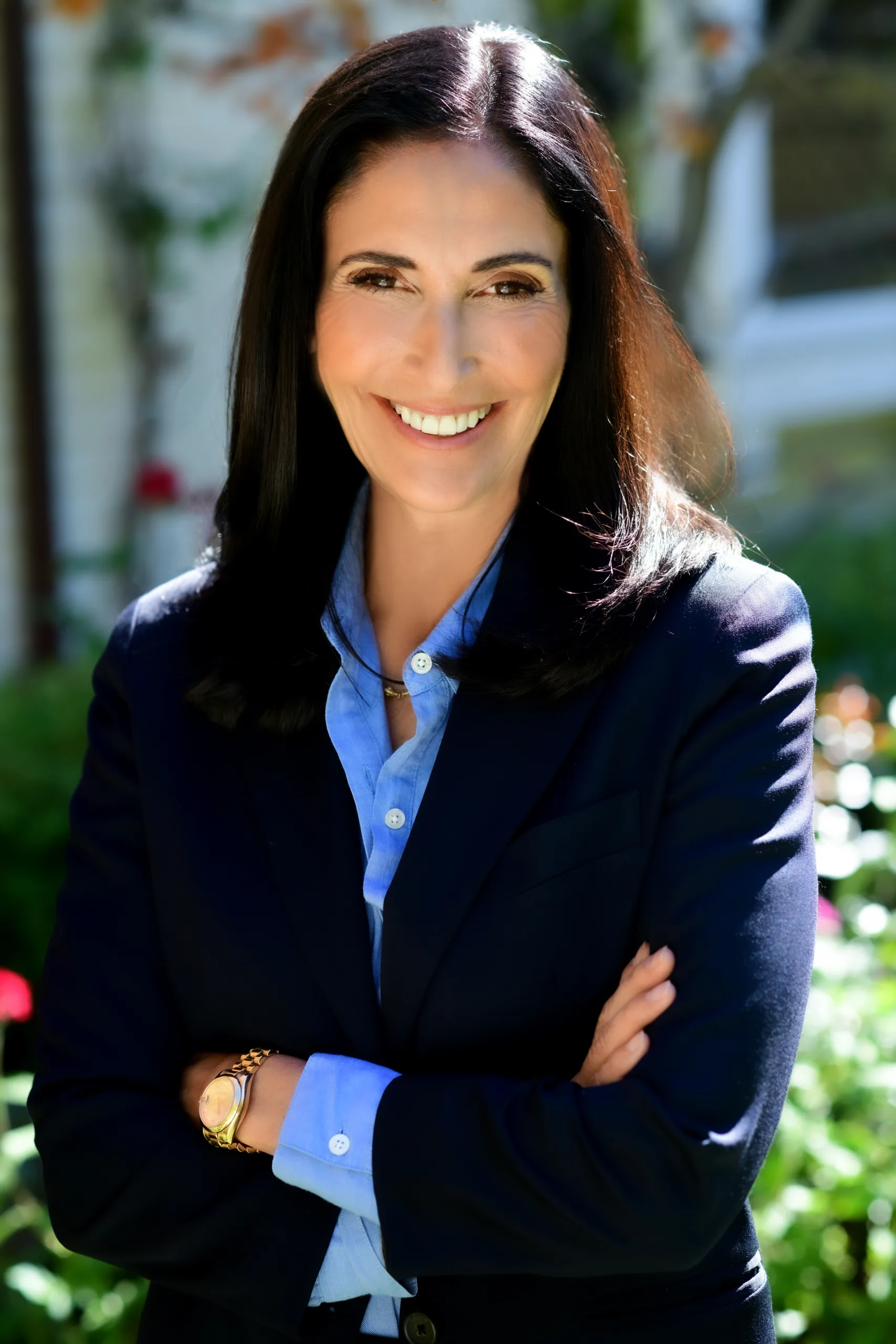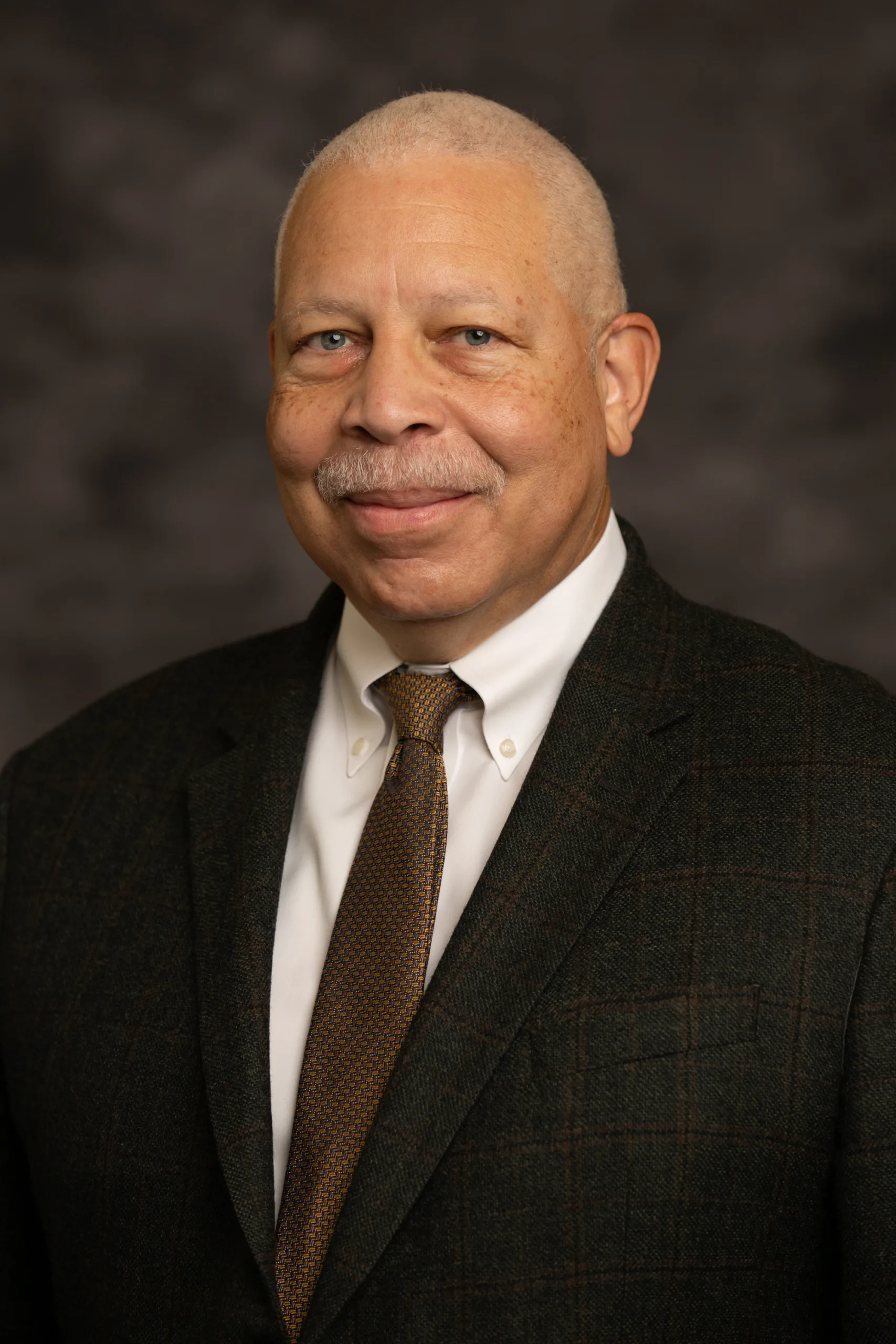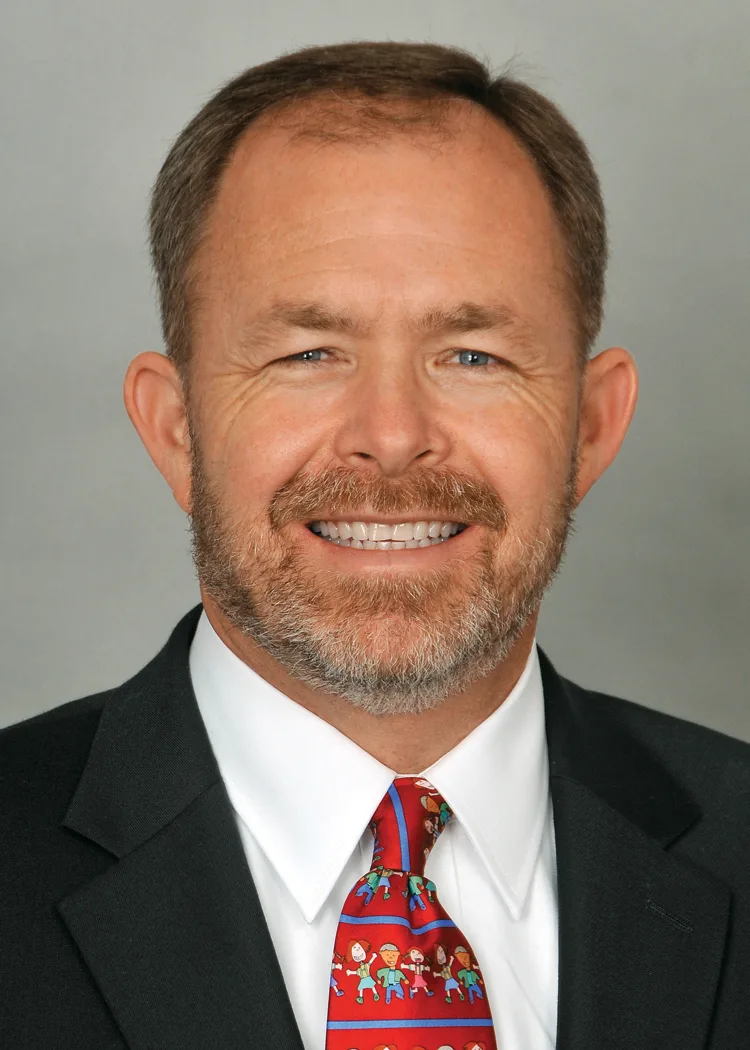Get to Know the CSU Board of Trustees Part 2
Get to Know the CSU Board of Trustees Part 2
The next opportunity to provide public comment during the CSU Board of Trustees meeting is on September 9. We are strongly encouraging CFA members to sign up with us here and register for public comment here.
The majority of trustees who oversee the university system have very little experience in higher education or ties to the CSU. They have made decisions and adopted rules, regulations, and policies that have harmed our faculty, students, and staff.
CFA members call on trustees to do better to ensure that the CSU lives up to its ideals at the People’s University. We demand quality education for our students, fairness for faculty, and policies that ensure access to higher education.
Trustees don’t have individual contact information made available to the public. At the bare minimum, CFA members are pushing for trustee email addresses so that the public can provide direct input outside of when the board holds meetings every other month.
Last week we told you about four trustees. See our previous coverage here. Here are five more trustees you should know.
Julia I. Lopez

Lopez was the president and CEO of College Futures Foundation for nine years. Before that, she was the senior vice president of the Rockefeller Foundation.
She was appointed to the board in 2021 and had no ties to the CSU prior to that. Lopez is the current chair of the Finance Committee.
In November 2024, Lopez voted to approve the restructuring of the Cal Poly San Luis Obispo and Cal Maritime campuses despite months of CFA members, students, and others expressing their concerns regarding the lack of transparency and shared governance in the decision to merge the campuses. She even asked the presidents of both campuses about the biggest challenges that keep them up at night and their responses included the timeline and properly involving faculty and staff. Before approving the integration anyways, she told staff that she wanted them to report back where they could have identified opportunities earlier.
“I hope we do a good assessment of what we’ve done, how we got here, and what we can learn to take those lessons and think about this proactively in the future,” Lopez said.
In July 2025, during a discussion of the 2025-26 budget, Lopez urged caution for considering the 0% interest one-year loan the state offered to cover the funding cut of $143.8 million. She described the loan as “fraught” and said it “has to be very thoughtfully considered.”
But four months earlier, Lopez didn’t even comment on CSU’s annual debt report. The report outlined that by the end of 2024, the CSU has $9.6 billion of outstanding Systemwide Revenue Bond debt as well as outstanding commercial paper of $149 million at a weighted average interest rate of 3.63%.
Leslie Gilbert-Lurie

Gilbert-Lurie is a lawyer, author, philanthropist, community leader, and former television executive. Prior to joining the board in 2022, the closest she has been to working in higher education was serving on the Los Angeles County Board of Education.
In September 2023, she voted to increase systemwide tuition by 6% per year for five years. She voted against a proposal to only increase tuition for three years, claiming it would add chaos to the system.
Gilbert-Lurie also made questionable remarks during a May 2024 discussion on the CSU’s investments after the system and campuses faced calls to divest from Israel. CSU administrators gave a presentation saying the CSU does not have any direct investments in Israel, but has $3.2 million of indirect holdings through mutual funds.
At the time, administrators had recently published a page on the CSU website answering questions about its investment policies. Gilbert-Lurie objected to naming Israel on the page.
“I’m not comfortable singling out Israel on a website without singling out Sudan and Russia,” Gilbert-Lurie said. “For me, in other words, personally just to show my cards, I’m on the side of human rights and countries that follow international human rights law.”
Jack B. Clarke Jr.

Jack B. Clarke Jr. is a partner in Atkinson, Andelson, Loya, Ruud & Romo’s Student Services and Disabilities Practice Group and handles matters concerning education law, special education disputes and public agency litigation. Despite having no ties to the CSU before being appointed to the board in 2020, the attorney and civil rights advocate now serves as its current chair.
In September 2021, Clarke voted to implement a policy on campus president salary reviews. The policy tied triennial performance reviews to market data, enabling trustees to approve raises of up to 10% in the first year. Presidents were already making between roughly $300,000 and $450,000 a year at the time.
Clarke didn’t make any substantial remarks before voting yes and said he wasn’t going to gild the lily, given comments made by his colleagues. Remarks other trustees made during the discussion included the claim that campus president salary reviews were “one of the most important issues as a board that we can discuss.”
In March 2024, Clarke voted to approve misguided changes that imposed General Education updates developed for transfer students on all CSU students. Known as the California General Education Transfer Curriculum (Cal-GETC), it removed one Arts and Humanities class and the Lifelong Learning and Self-Development course General Education requirements.
Clarke dismissed CFA members who testified that Lifelong Learning courses can play a major role in supporting students from historically marginalized communities. The Academic Senate of the CSU and Students for Quality Education (SQE) also opposed the changes.
“If I thought my vote would adversely affect the outcomes of any historically disadvantaged groups in this university I would vote no,” Clarke said. “But I don’t believe that’s the case.”
He may as well have stated that he didn’t believe faculty and students.
Jose Antonio Vargas
Jose Antonio Vargas is a journalist, filmmaker, and theatrical producer known for documenting his experience as an undocumented immigrant. He is a 2004 graduate of San Francisco State University. Vargas was appointed to the board in 2022.

In September 2023, he voted to increase systemwide tuition by 6% per year for five years. He called it a nightmare scenario to have to raise tuition.
“If we don’t do this, there is no alternative path that we can pursue,” Vargas said. “So, in that spirit, that’s why I’ll be voting yes for this reluctantly.”
In March 2024, Vargas approved misguided changes that imposed General Education updates developed for transfer students on all CSU students.
Vargas didn’t even acknowledge faculty concerns over how the changes would discourage students from exploring different disciplines and would harm student success, especially for students of color.
He did say that the CSU Board of Trustees needs to strengthen its relationship with faculty, staff, and students outside of the public comment period.
Christopher Steinhauser
Christopher Steinhauser was the superintendent of the Long Beach Unified School District from 2002 to 2020. He graduated from CSU Long Beach with a bachelor’s and master’s degree in 1981 and 1984, respectively. Steinhauser was appointed to the board in 2018 and is the current chair of the Audit Committee.

In September 2021, Steinhauser voted to implement a policy on campus president salary reviews. The policy tied triennial performance reviews to market data, enabling trustees to approve raises of up to 10% in the first year.
“We can’t make any more excuses,” Steinhauser said. “We have to implement this policy. We are not fulfilling our responsibilities as trustees.”
But presidents were already making between roughly $300,000 and $450,000 a year at the time. They were and continue to be the highest-paid CSU employees besides the chancellor and executive vice chancellors.
“If we didn’t pass that tuition, we would be in a whole big mess much bigger than we’re in now,”
– Steinhauser
In July 2024, during a discussion of the 2024-25 budget, Steinhauser minimized the size of the CSU’s reserves and warned of austerity measures.
Steinhauser also brought up how he and most of the board voted to increase tuition by 6% per year for five years back in September 2023. He took the opportunity to praise his colleagues for pushing the burden of their financial mismanagement onto the backs of students.
“If we didn’t pass that tuition, we would be in a whole big mess much bigger than we’re in now,” Steinhauser said. “We still get beat up in public comment about passing that. That took courageous leadership of this body, and I want to thank you for doing that.”
Join California Faculty Association
Join thousands of instructional faculty, librarians, counselors, and coaches to protect academic freedom, faculty rights, safe workplaces, higher education, student learning, and fight for racial and social justice.